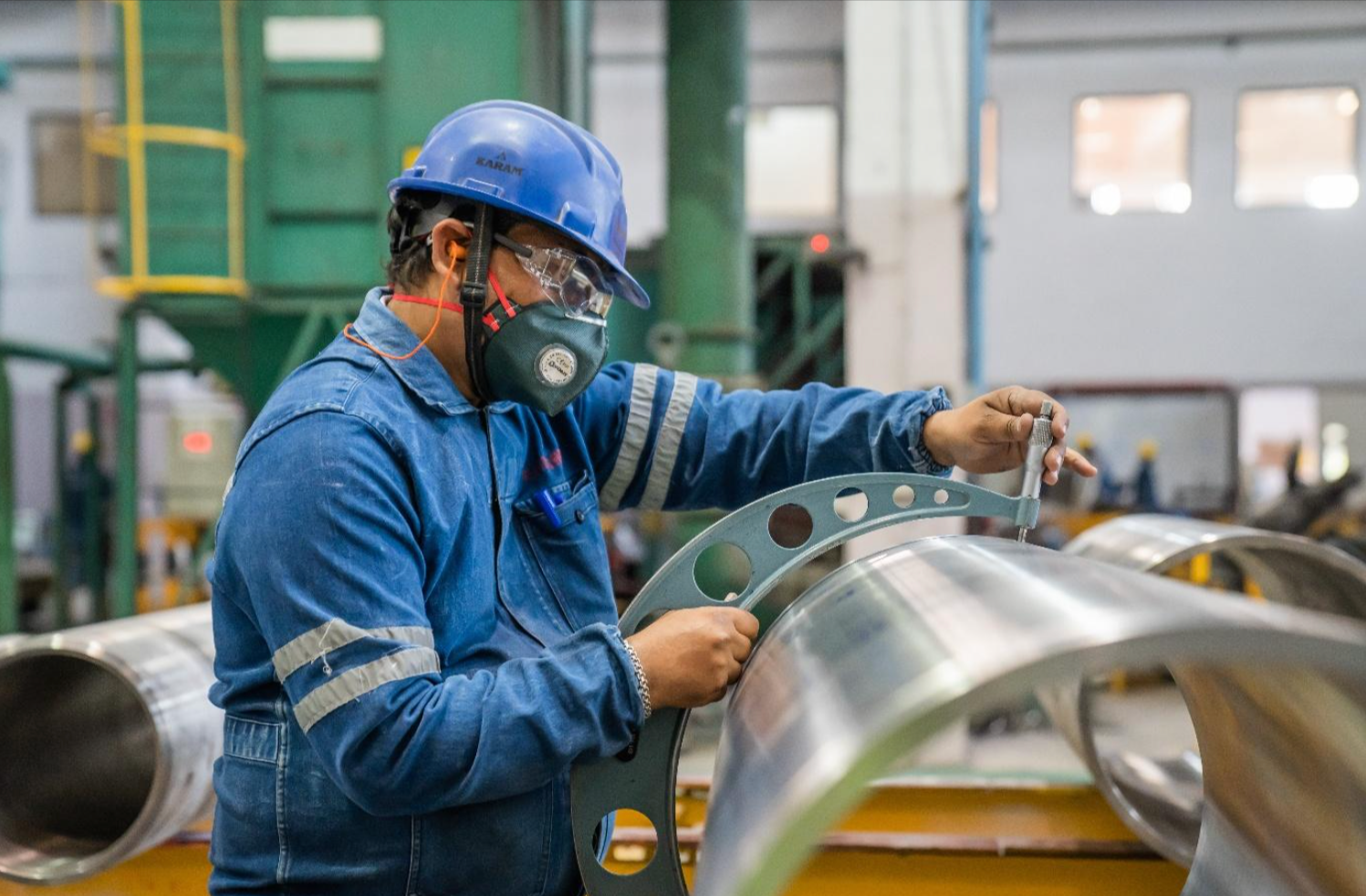
Why Standards Matter: A Deep Dive into Uni Abex Standards Benchmarking
The Importance of Standards in Manufacturing Processes
Standards form the backbone of quality and consistency in manufacturing. They provide guidelines that ensure products meet stringent criteria for performance, safety, and reliability. At Uni Abex, adhering to established standards like BIS, ASTM, ASME, API, EN and ISO plays a critical role in delivering high-quality centrifugal castings that meets customer expectations.
These standards are essential for several reasons:
Consistency in Quality: They ensure uniformity across products, reducing variability and maintaining reliability.
Enhanced Safety: Compliance guarantees that products and processes meet industry-specific safety requirements.
Streamlined Operations: Standardized procedures reduce errors, improve productivity, and create a framework for continuous improvement.
Global Recognition: Following internationally recognized standards fosters trust and enables seamless collaboration with global partners.
For Uni Abex, these standards are more than just benchmarks they are a commitment to operational excellence and customer satisfaction.
How Standards Enhance Quality Control in Casting
Standards are at the heart of quality control in the casting industry. At Uni Abex, implementing standardized testing and inspection protocols ensures that every product meets rigorous benchmarks:
1. BIS (Bureau of Indian Standards):
BIS is India’s national standards body, providing guidelines for product safety, quality, and performance. For manufacturing, BIS ensures compliance with domestic regulations and promotes the production of reliable and consistent components tailored to the Indian market. It plays a vital role in establishing benchmarks for materials, processes, and product testing, fostering confidence among customers and stakeholders.
2. ASTM (American Society for Testing and Materials):
ASTM standards focus on the physical, mechanical, and chemical properties of materials. In manufacturing, these standards are crucial for ensuring material integrity and performance. For example, ASTM specifications guide the testing of metals, alloys, and other materials, ensuring that components meet exacting requirements for strength, durability, and reliability.
3. ASME (American Society of Mechanical Engineers):
ASME standards are widely used for the design, construction, and testing of pressure vessels, boilers, and critical components in industries like automotive, aerospace, and energy. They ensure that parts can withstand extreme pressures and temperatures, guaranteeing safety and performance. ASME compliance is particularly important for components used in high-stress environments, ensuring they meet rigorous mechanical and structural standards.
4. API (American Petroleum Institute):
API standards are designed for the oil and gas industry, covering equipment, materials, and systems used in exploration, production, and refining. These standards ensure that components like pipes, valves, and fittings can handle corrosive environments and high-pressure applications. API compliance enhances reliability, safety, and environmental sustainability in demanding operational conditions.
5. EN (European Norms):
EN standards provide a harmonized framework for manufacturing across the European Union. These standards cover a wide range of industrial processes and ensure compatibility, safety, and quality within EU markets. Manufacturers complying with EN standards can access the European market while maintaining high levels of customer trust and product reliability.
6. ISO (International Organization for Standardization):
ISO standards offer a globally recognized framework for quality management, environmental sustainability, and operational efficiency. ISO 9001, for instance, focuses on quality management systems, ensuring consistency and customer satisfaction. ISO compliance demonstrates a manufacturer’s commitment to excellence and adaptability to international markets, fostering global partnerships and trust.
By aligning with these standards, Uni Abex can:
Detecting and addressing defects early in the production process.
Reduce the likelihood of costly reworks or failures.
Build trust with customers by delivering components that meet globally recognized performance benchmarks.
This adherence to standards not only enhances customer satisfaction but also reinforces Uni Abex’s reputation as a leader in centrifugal casting.The Impact of Compliance on Operational Efficiency
Compliance with established standards not only ensures product quality but also significantly impacts operational efficiency. When manufacturing processes align with industry regulations, it reduces the risk of non-compliance penalties and fosters a smoother workflow. For us, this means that processes are optimized, leading to reduced downtime and improved throughput.
Moreover, compliance encourages a proactive approach to risk management. By adhering to safety and quality standards, we can avoid potential disruptions and maintain a steady production flow, ultimately contributing to a more resilient and agile manufacturing operation.
At Uni Abex, standards are more than a regulatory requirement—they are a testament to our commitment to excellence. By adhering to standards, we deliver castings that set the benchmark for quality, performance, and reliability.




.jpg)